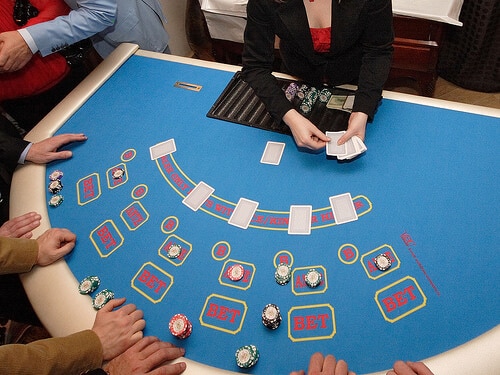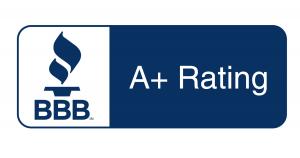Arrested at a Casino in Pennsylvania

Rights of Casinos
The casino has a right to intervene when a patron is acting rudely to and/or intimidating another player or staff member. Furthermore, an individual who is extremely intoxicated may be removed from the premises. This task is easy to accomplish in the state of Pennsylvania because gaming laws are closely monitored; therefore, Pennsylvania Troopers remain at the state’s casinos 24 hours a day.
Possible Charges Following an Arrest in a Pennsylvania Casino
Disorderly Conduct
If a patron at a casino gets upset and makes a scene, the casino may have them charged with disorderly conduct and arrested.
Trespassing
If an individual is asked to leave the casino and he or she tries to return, the individual will be charged with trespassing.
Felony Criminal Trespass
An individual permanently banned from a casino who disregards this ban may be charged with a felony criminal trespass.
Forgery
Individuals who write a bad check to a casino in Pennsylvania are charged with a crime; therefore, an arrest warrant is issued.
Counterfeiting
Due to the dim lighting, an individual may consider passing counterfeit money at a casino; however, cameras are located throughout the casino, which means that all transactions are filmed. Furthermore, to ensure that the money they collect is authentic, staff members utilize counterfeit bill detector pens.
Most Common Crimes in Casinos
Theft remains the most common criminal charge made against casino patrons in the state of Pennsylvania. Chip stacking or stealing chips are common charges; however, because Pennsylvania does not have a ‘found money’ doctrine, the most common theft crime relates to an individual cashing out a slot machine that belongs to another patron or picking up chips, or cash off the floor of the casino.
Reasonable Efforts Must Be Made to Find the Owner of Lost Property
Outside of the casino, as long as reasonable efforts have been made to locate the true owner of the found property and the true owner does not come forward to claim it, the lost property does eventually go to the finder; however, due to the video surveillance throughout casinos, it is likely that the casino will be able to locate the true owner of the money, slot machine winnings or chips. For this reason, neglecting to turn these items in is considered a form of theft in the state of Pennsylvania.
Rights Following an Arrest at a Casino in Pennsylvania
Following an arrest, whether an individual is an American citizen or not is irrelevant: Certain constitutional rights pertain to both citizens and non-citizens.
- The first thing you need to know is that you are not required to speak: Anything that you say can be used against you in court.
- You can request to have an attorney present during your questioning. For the most part, answering questions should be postponed until you have your criminal defense attorney present. When you ask for an attorney, the police officer should cease questioning you.
- Individuals who cannot afford an attorney will have one appointed to them.
- You have the right to know what crime(s) you are being charged with, as well as the identity of the officers who are arresting/questioning you.
- Once you have been booked, you should be allowed to use the telephone to contact your attorney, a bonds person, family or friends.
These are referred to as your Miranda Rights: If the arresting officer(s) neglect to give you these warnings, your attorney can request that any statements made to the police prior to you being given your Miranda Rights be considered inadmissible in the courtroom.
When Miranda Rights Do Not Apply
If you offer information to the police that is not a direct response to one of their questions, your Miranda Rights do not typically apply; however, keep in mind that even if you originally begin speaking to the police, you can choose to discontinue speaking at any point in time.
Preliminary Hearing
Within 48 hours of your arrest, a preliminary hearing is held to determine whether there is an adequate amount of evidence to support any charges against you or probable cause for your arrest. If the judge rules that there is enough evidence to convince a reasonable person that you committed the crime for which you are being charged, he or she will set the terms of your release.
Terms of Release
Typically, the terms of release will include a monetary bond (as set by the judge); however, other restrictions may also be included.
These additional restrictions may include:
- Not Possessing or using weapons.
- Checking in with a Pre-Trial Release Officer.
- Avoiding contact with any alleged victims in your case.
Bail Bonds
A court orders bail bonds to insure an individual will appear in court on the day of his or her hearing. The amount of bail a judge sets is usually determined by the seriousness of your offense, whether or not you have neglected to appear in court for other offenses (including traffic tickets), your connection to the community, prior criminal records and the overall probability that you will appear in court. If a bond is set too high for you to afford, your criminal defense attorney can file a motion requesting that the judge reduces your bond amount.
If you have been arrested in a Pennsylvania casino and are in need of an experienced criminal defense attorney, contact the law office of DeLuca, Ricciuti & Konieczka today.









